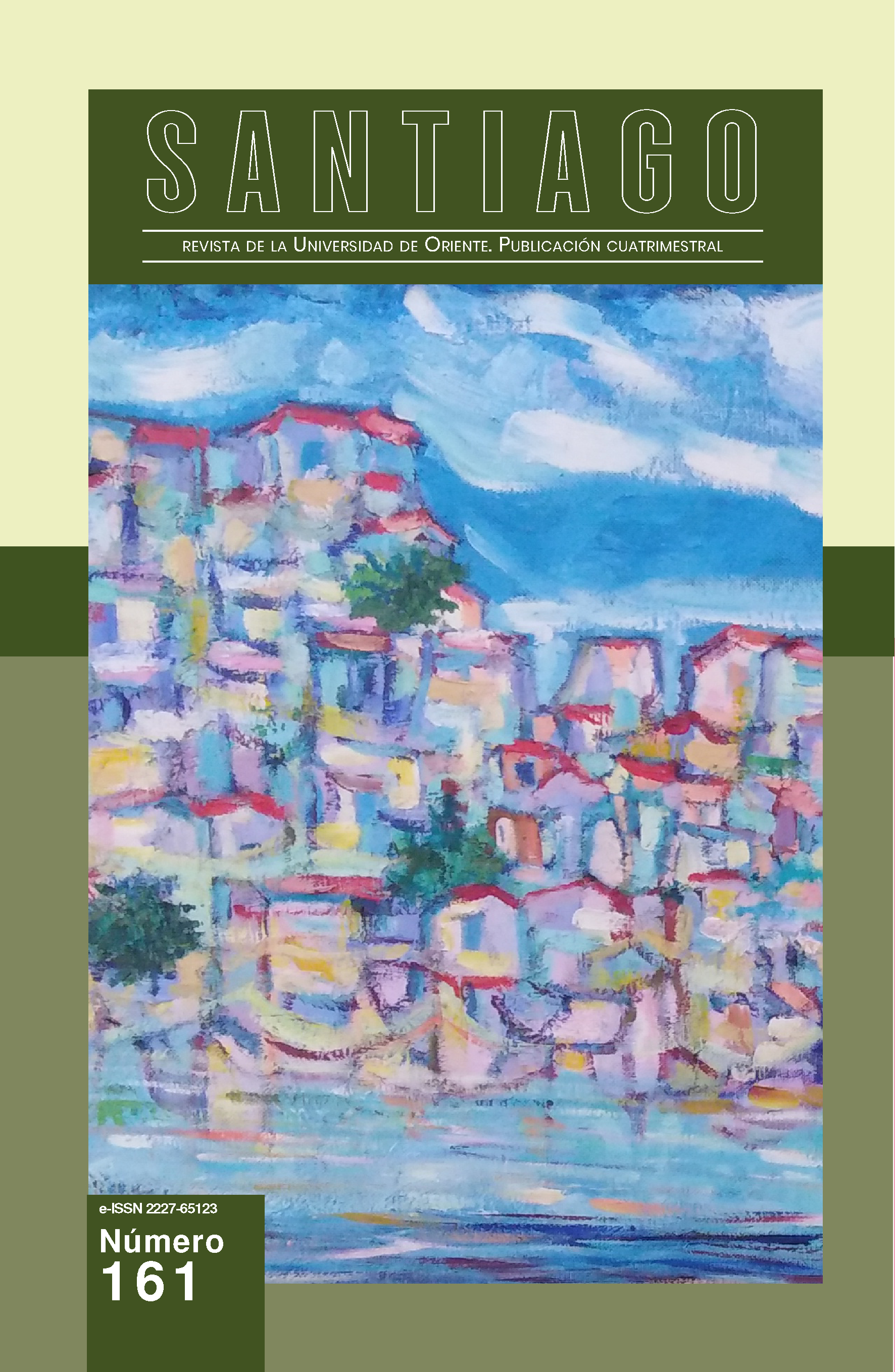Ecuadorian digital education swap: Application of new methodological trends and expiration as a starting point
Keywords:
Education, learning, digitization, teachingAbstract
Information and Communication Technologies (ICT) promote the urgent need to forge a new learning. This has originated the massiveness of continuous training. Since, through these technologies, by doing and undoing, you learn. Since years ago the intelligent classroom, as an innovative strategy, was not known and the knowledge acquired in it did not provide for a correct teacher training as the maximum technological challenge. At that time, a critical analysis of the classroom was necessary as an integral part of digitization. But today there is already talk of the digital environment as an aspect of educommunication and, therefore, we will carry out a gradual journey in the critical analysis of the classroom as an integral part of Ecuadorian digitization, cooperative learning and the satisfaction of student needs as a role within social pragmatism. Likewise, if these methodological updates make a revolution or are only adaptations of what exists.
References
Bogard, K., Traylor, F., & Takanishi, R. (2008). Teacher education and PK outcomes: Are we asking the right questions? Early Childhood Research Quarterly, 23(1). https://doi.org/10.1016/j.ecresq.2007.08.002
Cartagena Beteta, M., Santana González, Y., Revuelta Domínguez, F. I., & Pedrera Rodríguez, M. I. (2023). Creencias Docentes en la Integración Curricular de las TIC en Educación Religiosa en Perú. Revista Universidad y Sociedad,
(1), 185-198.
Derrac, J., García, S., Molina, D., & Herrera, F. (2011). A practical tutorial on the use of nonparametric statistical tests as a methodology for comparing evolutionary and swarm intelligence algorithms. Swarm and Evolutionary Computation, 1(1). https://doi.org/10.1016/j.swevo.2011.02.002
Fiske, A., Wetherell, J. L., & Gatz, M. (2009). Depression in older adults. In Annual Review of Clinical Psychology (Vol. 5). https://doi.org/10.1146/annurev.clinpsy.032408.153621
Fletcher, K. L., & Reese, E. (2005). Picture book reading with young children: A conceptual framework. Developmental Review, 25(1). https://doi.org/10.1016/j.dr.2004.08.009
Gómez, V., & Guerra, P. (2012). Teorías implícitas respecto a la enseñanza y el aprendizaje: ¿Existen diferencias entre profesores en ejercicio y estudiantes de pedagogía? Estudios Pedagogicos, 38(1). https://doi.org/10.4067/S0718-07052012000100001
Klees, M. (1982). A Propósito De Los Trastornos Instrumentales Asociados A Trastornos De Aprendizaje Precoces De Lectura, Ortografía Y Cálculo En El Niño Inteligente: La Noción De Gravedad. “Revista de Logopedia, Foniatria y Audiologia,” 2(3). https://doi.org/10.1016/S0214-4603(82)75240-4
Morgenthaler, T., Alessi, C., Friedman, L., Owens, J., Kapur, V., Boehlecke, B., Brown, T., Chesson, A., Coleman, J., Lee-Chiong, T., Pancer, J., & Swick, T. J. (2007). Practice parameters for the use of actigraphy in the assessment of sleep and sleep disorders: An update for 2007. Sleep, 30(4). https://doi.org/10.1093/sleep/30.4.519
Opfer, J. E., Nehm, R. H., & Ha, M. (2012). Cognitive foundations for science assessment design: Knowing what students know about evolution. Journal of Research in Science Teaching, 49(6). https://doi.org/10.1002/tea.21028
Phan, H. P. (2010). El pensamiento crítico, como un componente de autorregulación, en el proceso de enseñanza - aprendizaje. Psicothema, 22(2).
Reunamo, J. (2007). Adaptation and agency in early childhood education. European Early Childhood Education Research Journal, 15(3). https://doi.org/10.1080/13502930701679304
Reyes, S, A., Jones, LL, R., Rodríguez, R, Y., Silva, A, Y., Blanco, C, C.J., Turtos, C. L., Reyes, B, R.M., Rivas, A, O.R., and Santana, G, Y. (2022). La Universidad de Oriente en el enfrentamiento al impacto psicológico de la Covid-19. En Libro: Universidad de Oriente. La pasión de crear. Ediciones UO, Santiago de Cuba. Editorial UO. En: https://ediciones.uo.edu.cu/index.php/e1/catalog/view/75uo_pasion/44/570
Rojas-Avilés, H., Sandoval-Guerrero, L., & Borja-Ramos, O. (2021). Percepciones a una educación inclusiva en el Ecuador. Cátedra, 3(1). https://doi.org/10.29166/catedra.v3i1.1903
Spinath, B., Eckert, C., & Steinmayr, R. (2014). Gender differences in school success: What are the roles of students’ intelligence, personality and motivation? Educational Research, 56(2). https://doi.org/10.1080/00131881.2014.898917
Downloads
Published
Versions
- 2023-06-09 (2)
- 2023-05-05 (1)
Issue
Section
License
Copyright (c) 2023 Williams Basantes-Valverde, Víctor Manuel-Barros, Norma Allauca-Sandoval, Mayra Pilco-Cudco

This work is licensed under a Creative Commons Attribution-NonCommercial-NoDerivatives 4.0 International License.
CC Reconocimiento-NoComercial-SinObrasDerivadas 4.0



.jpg)

_de_logo.jpg)













